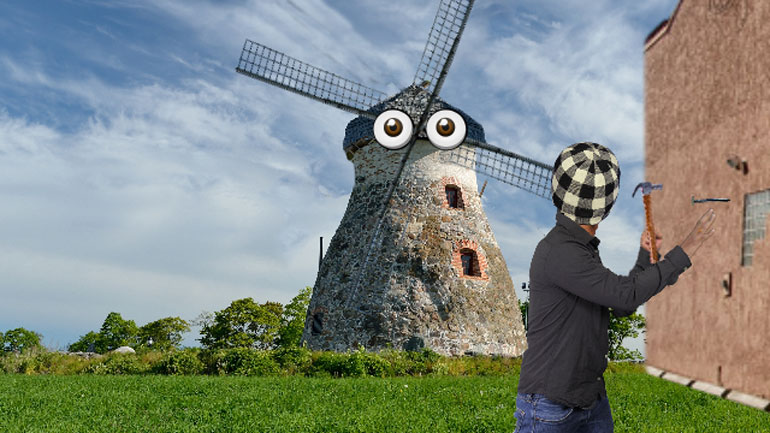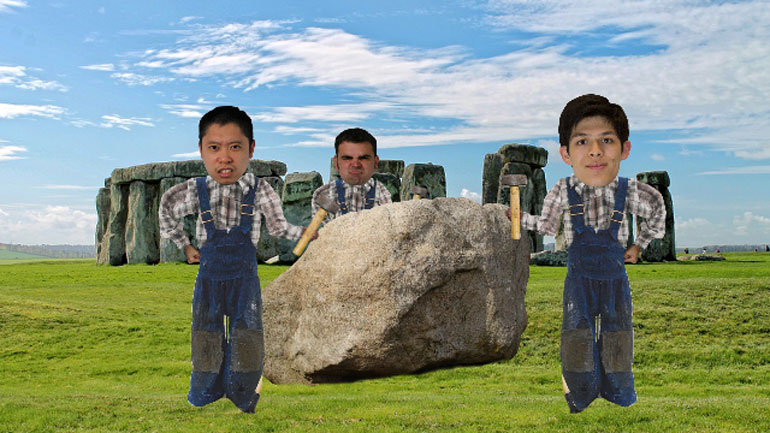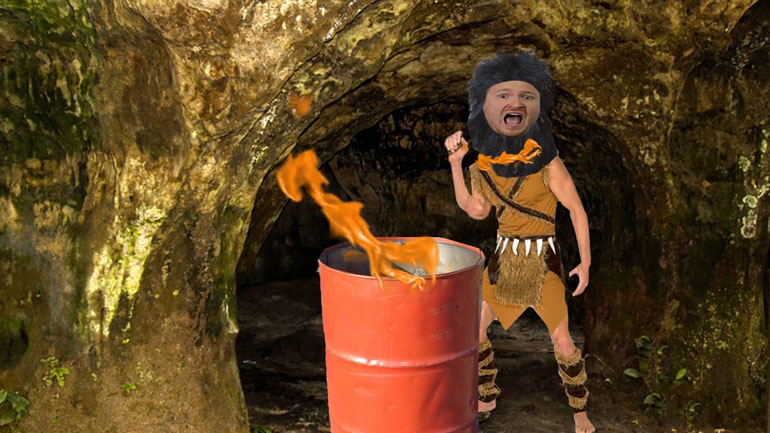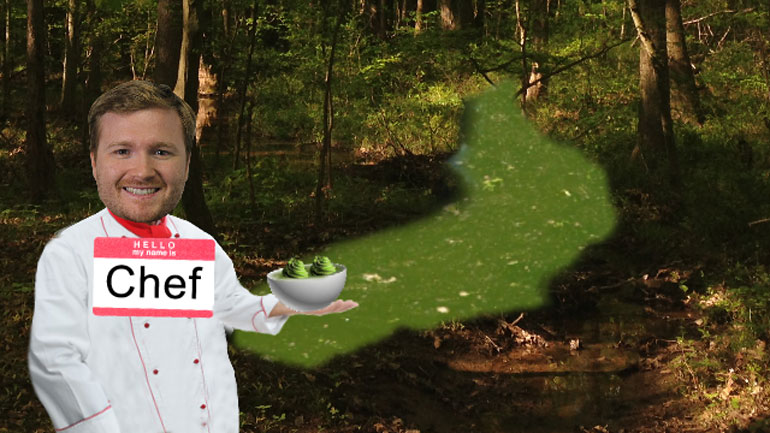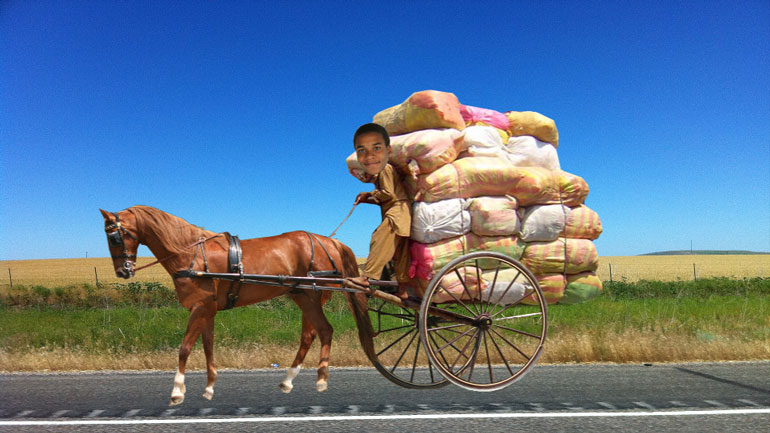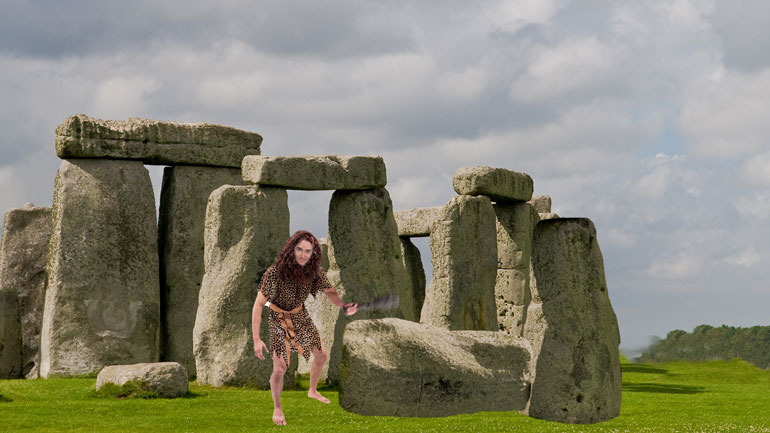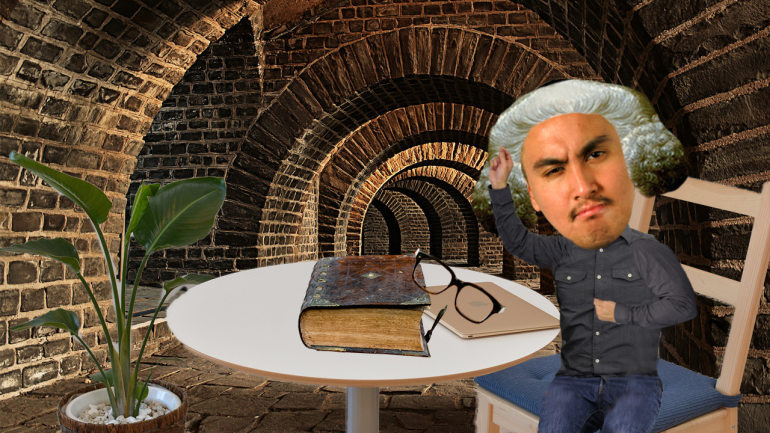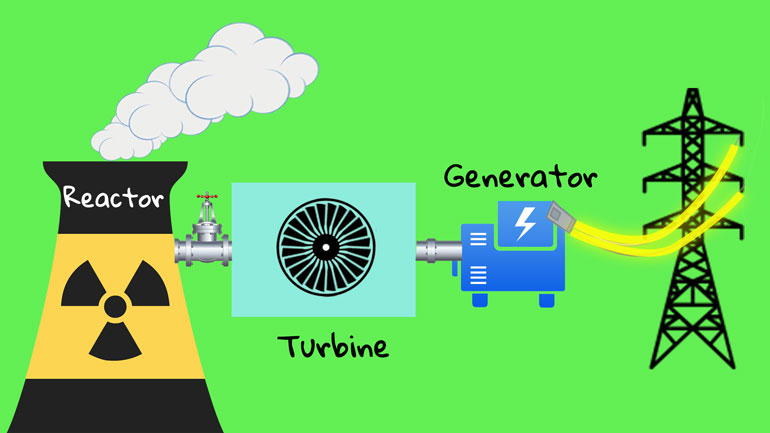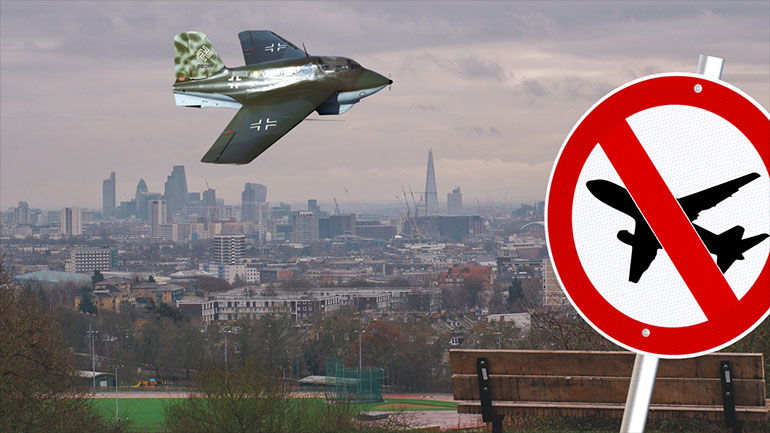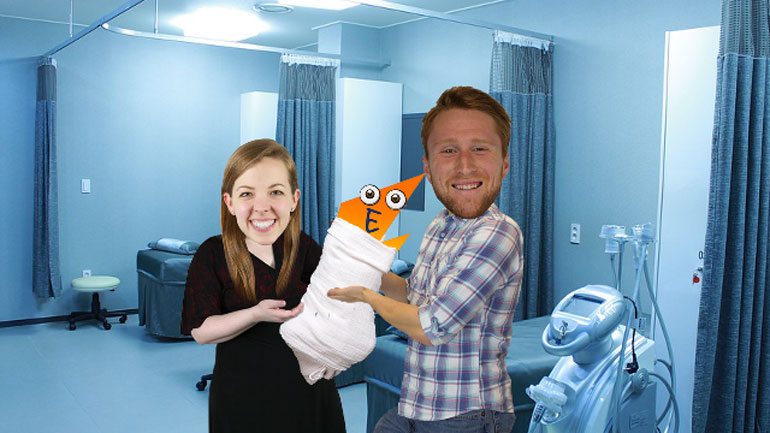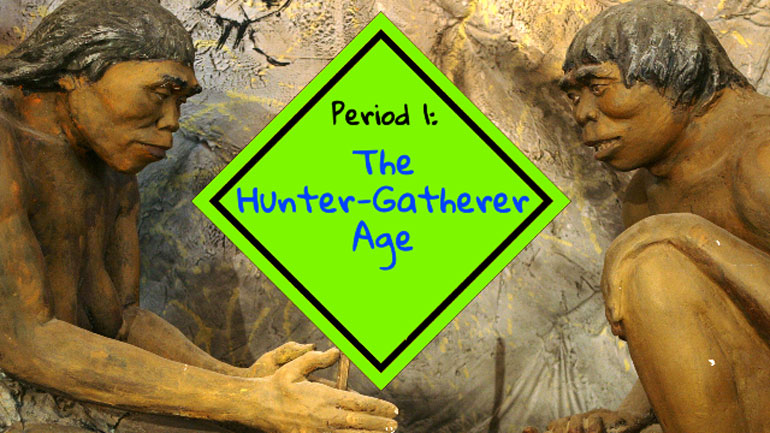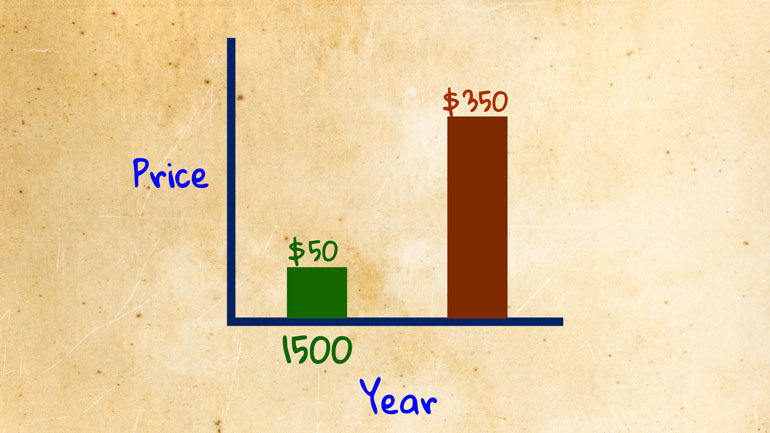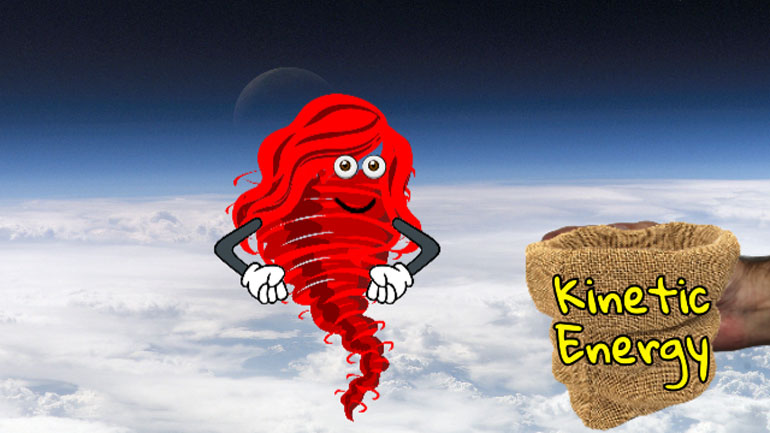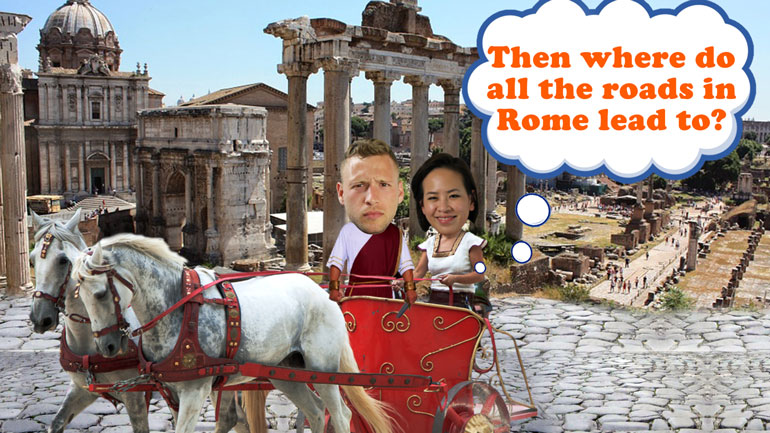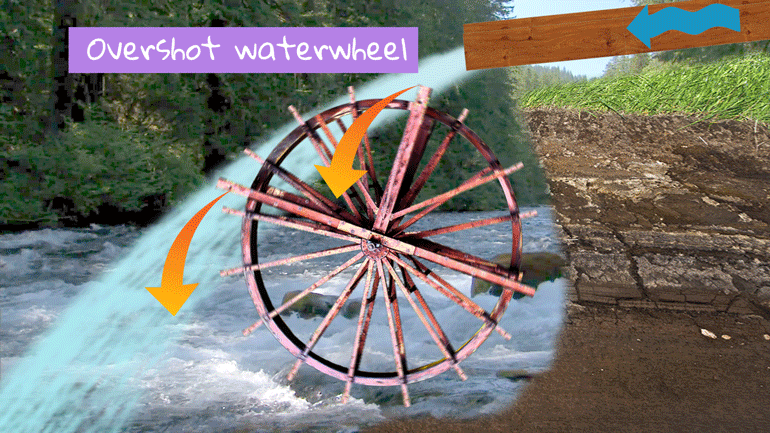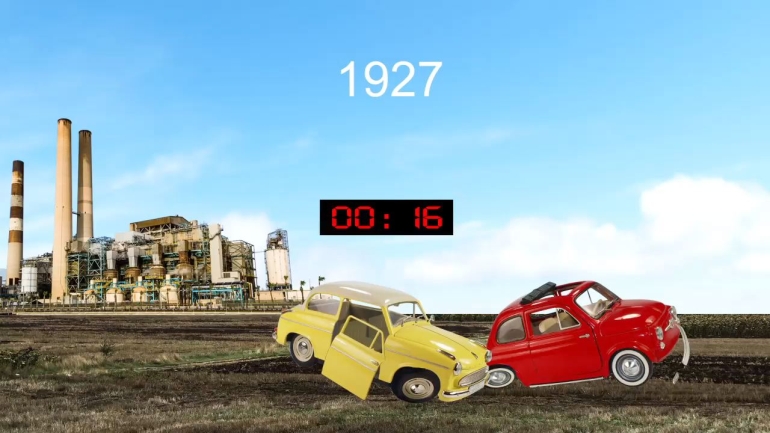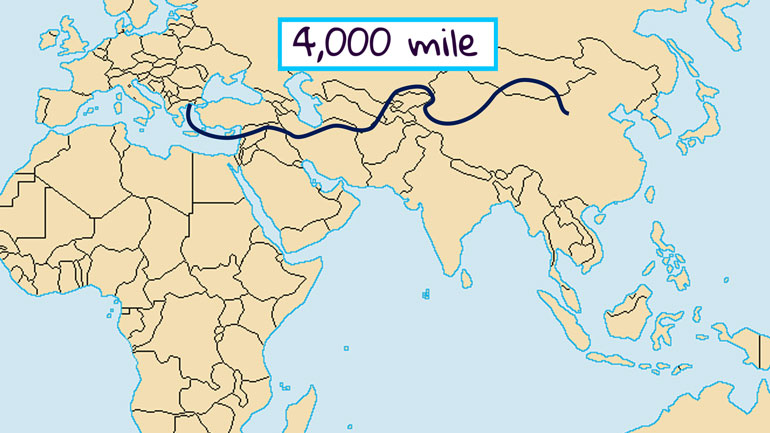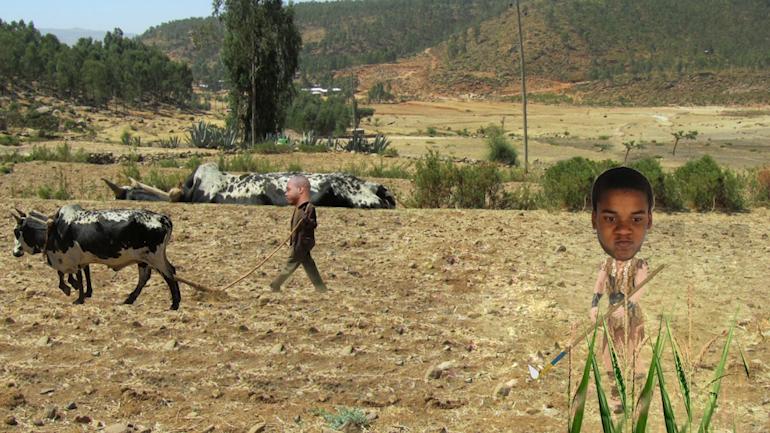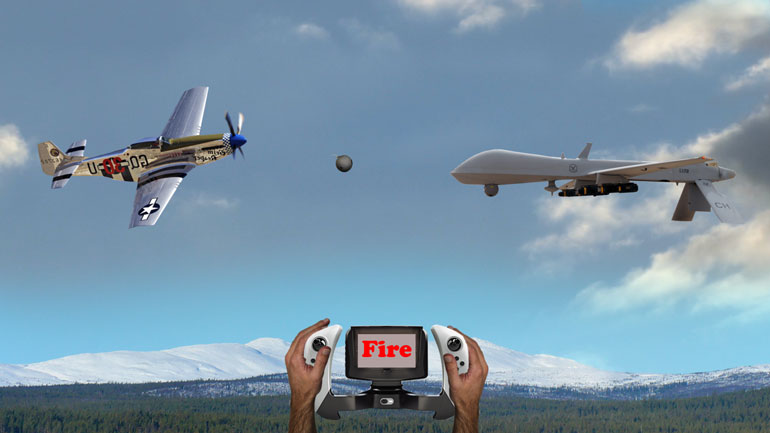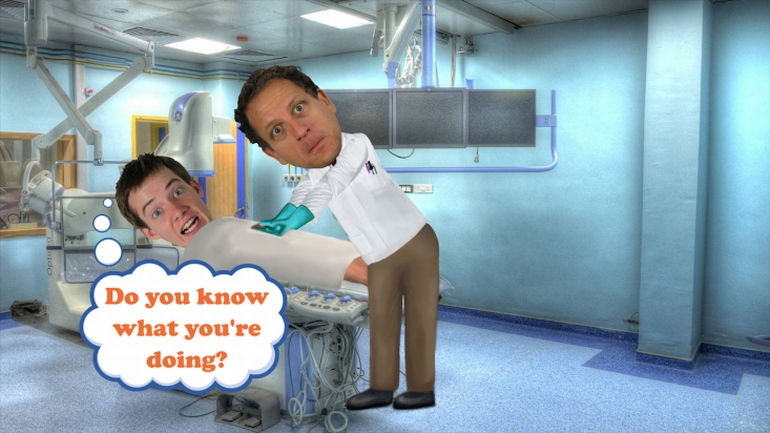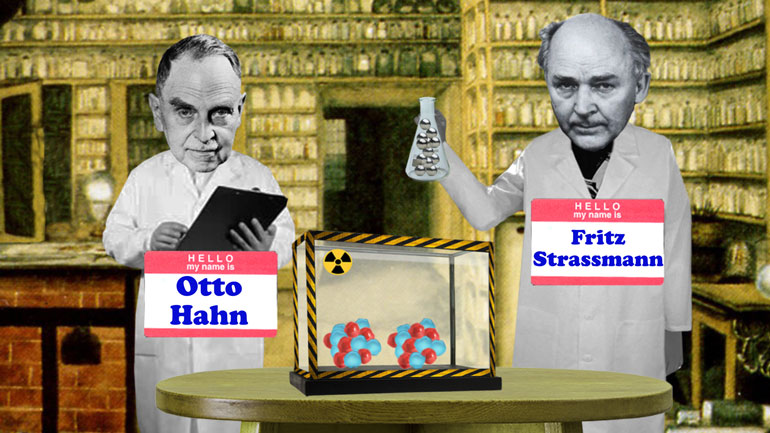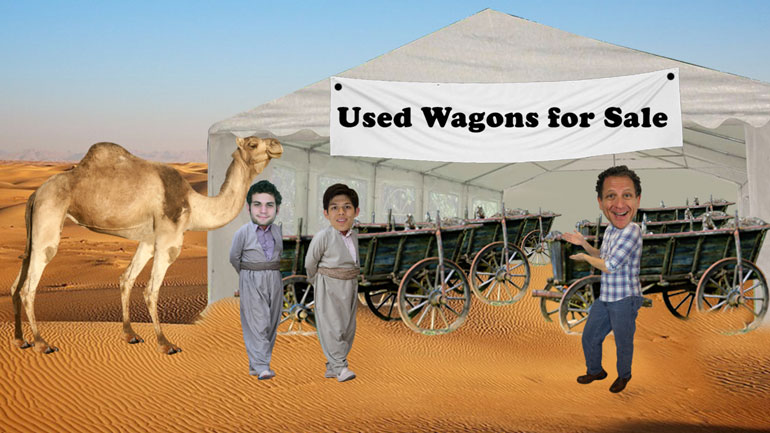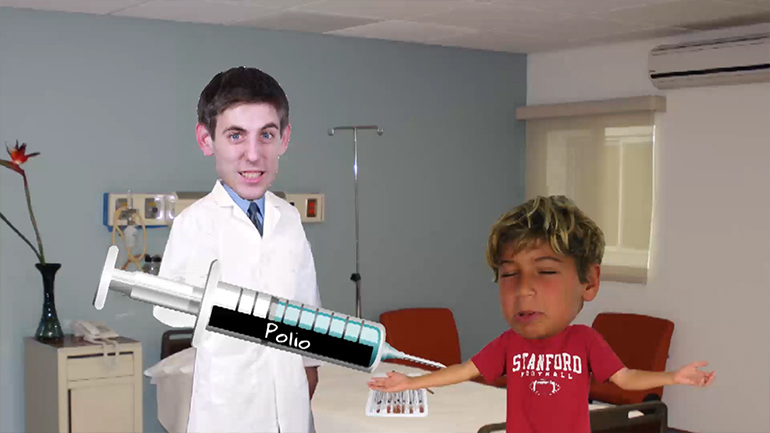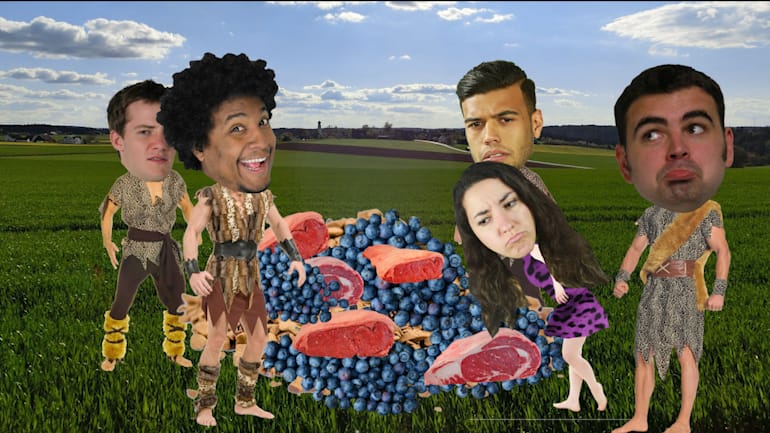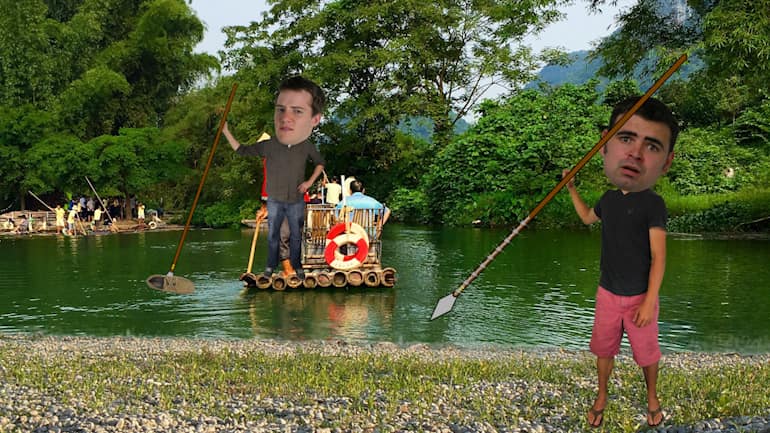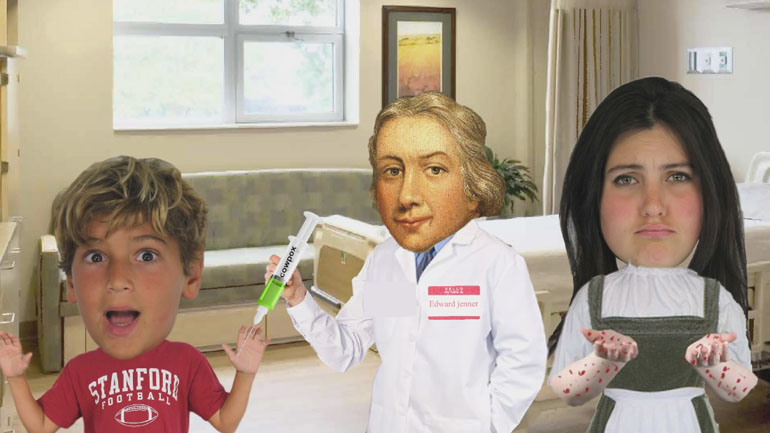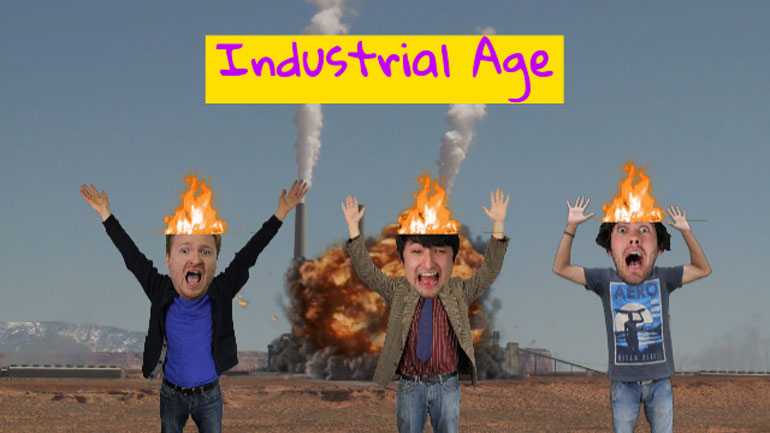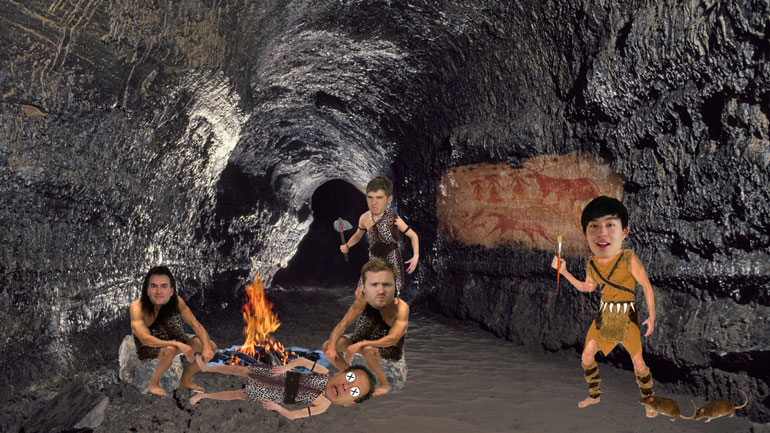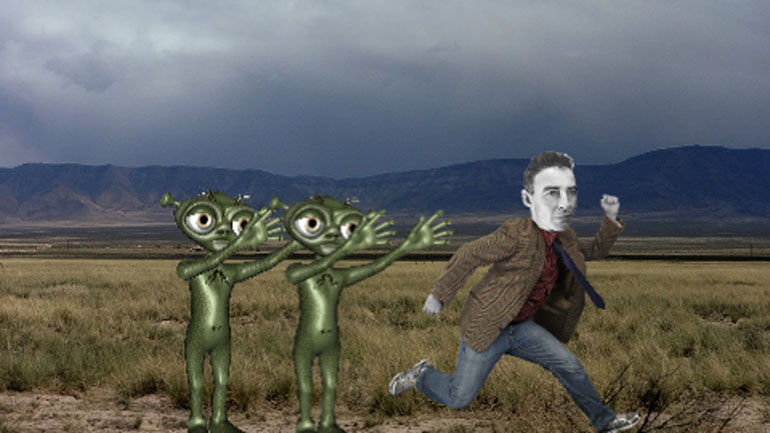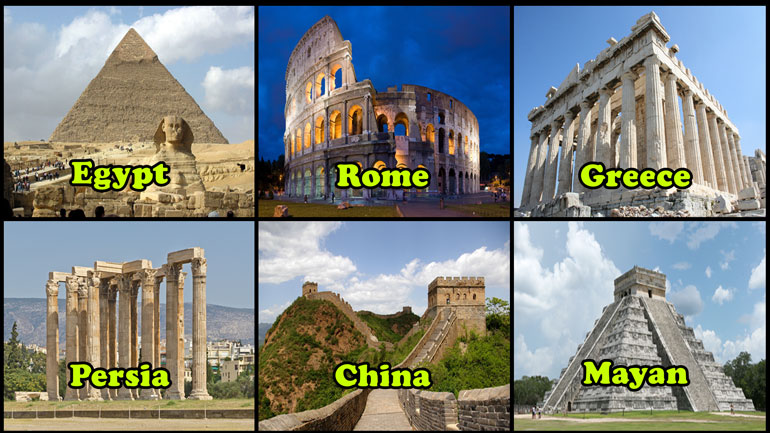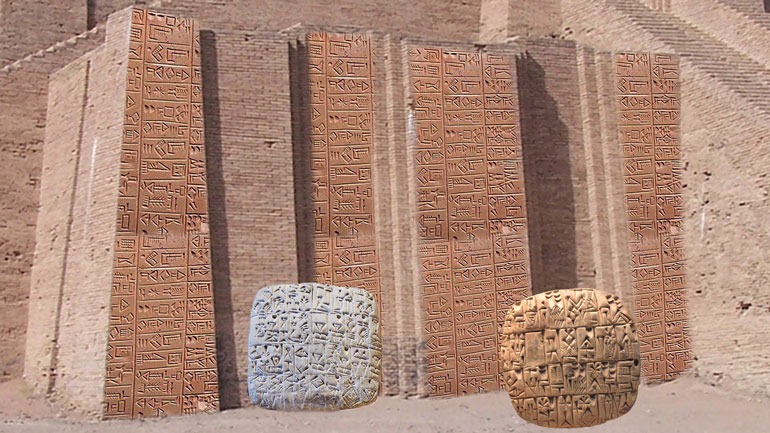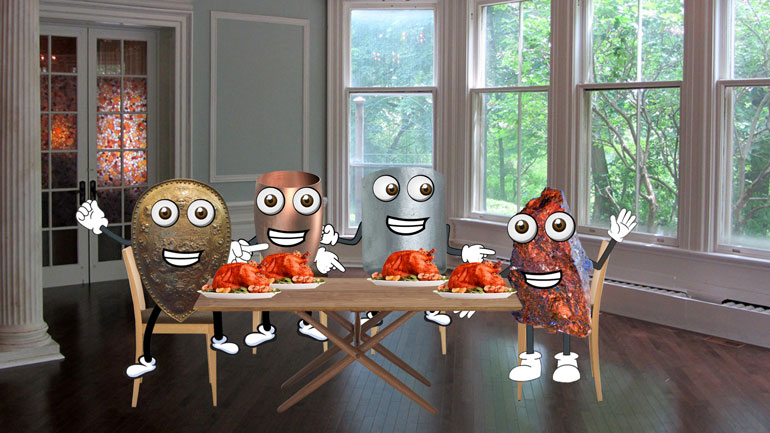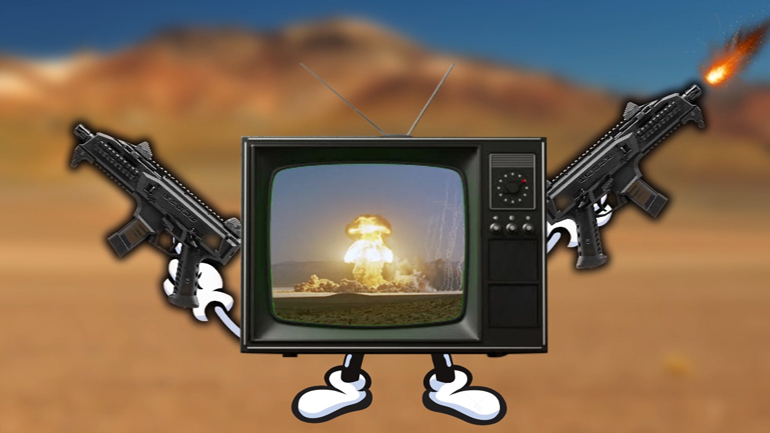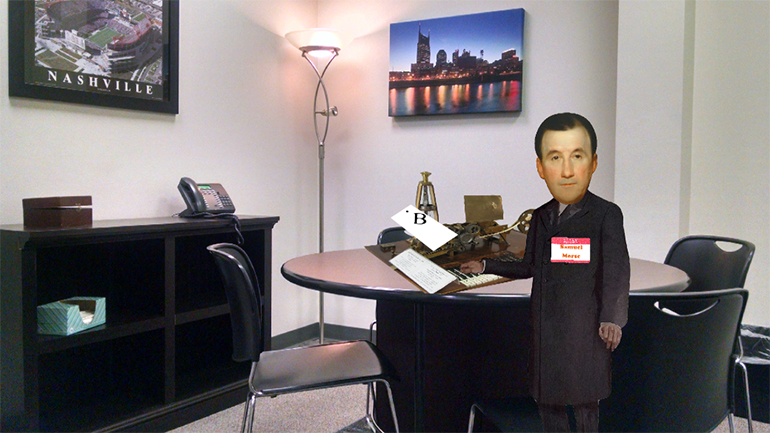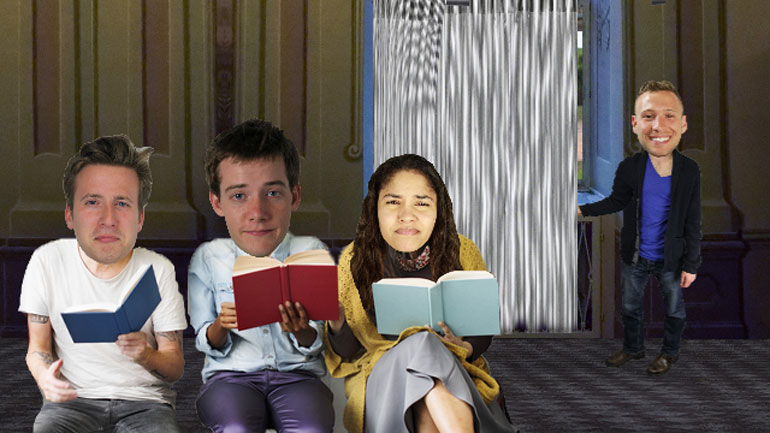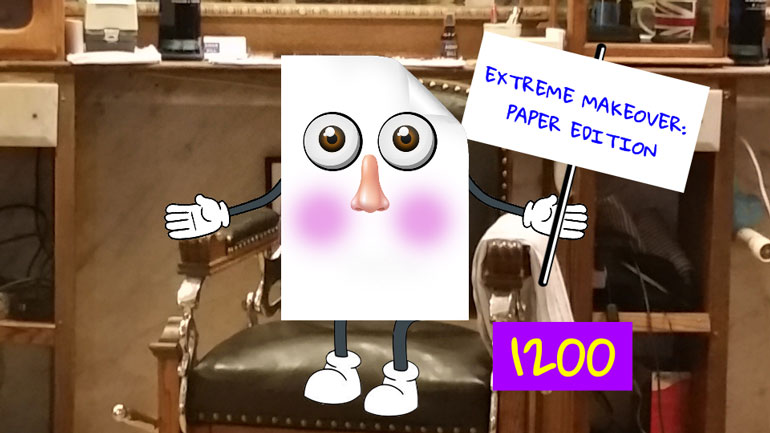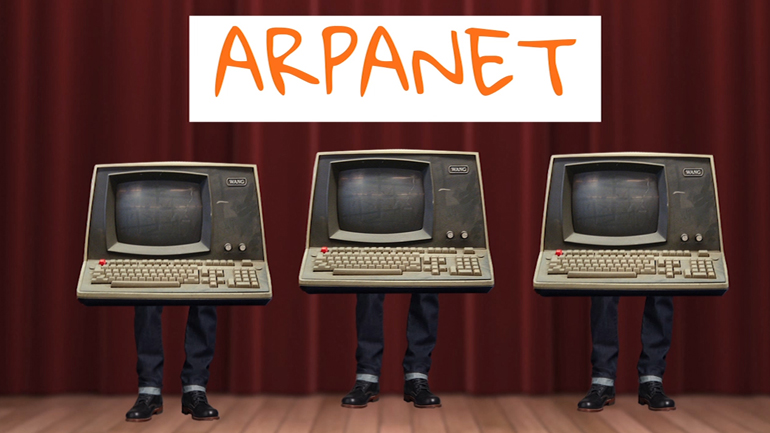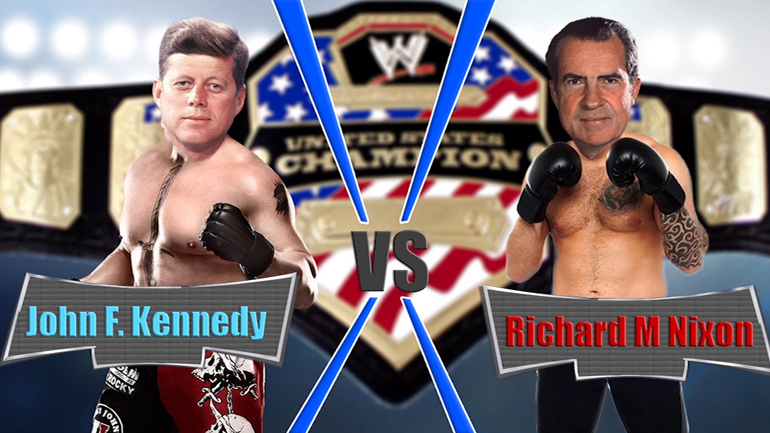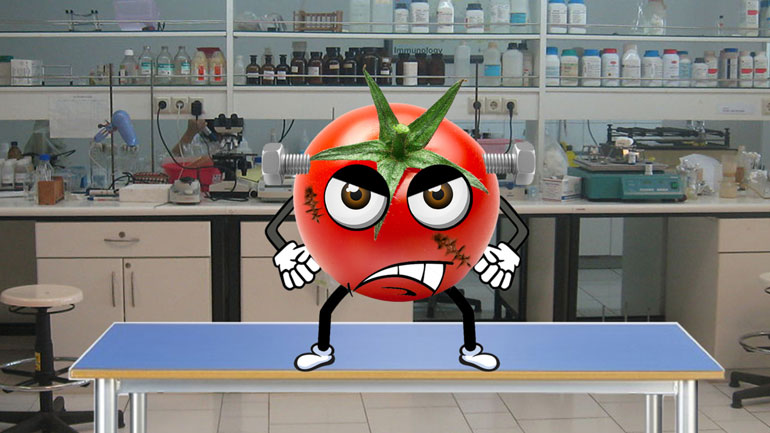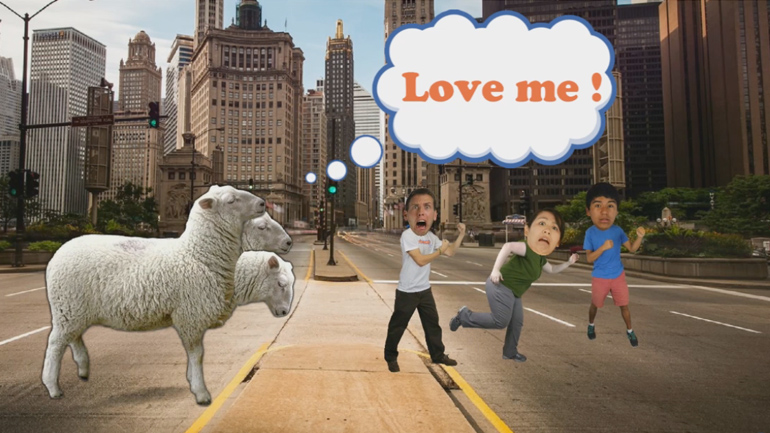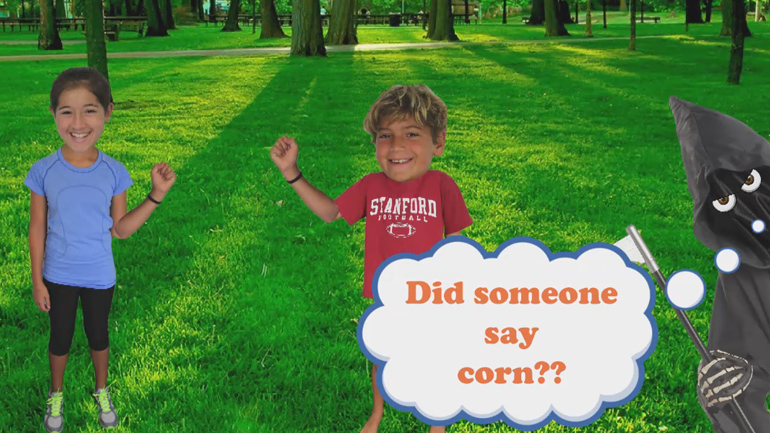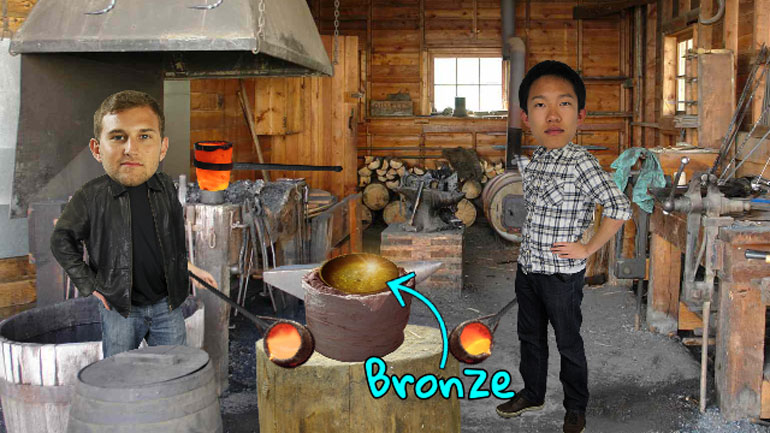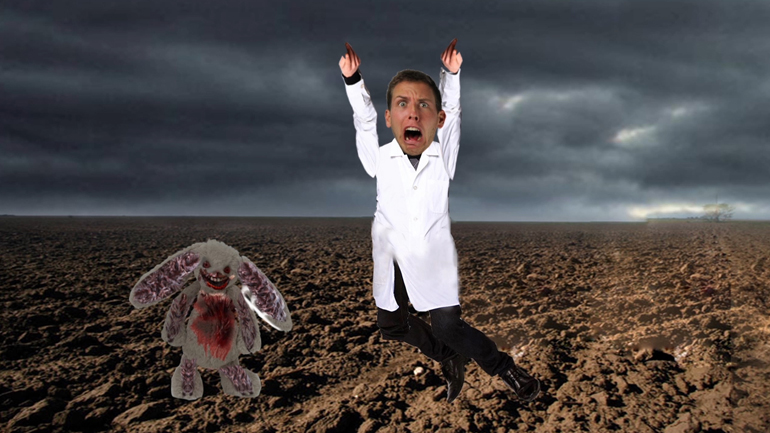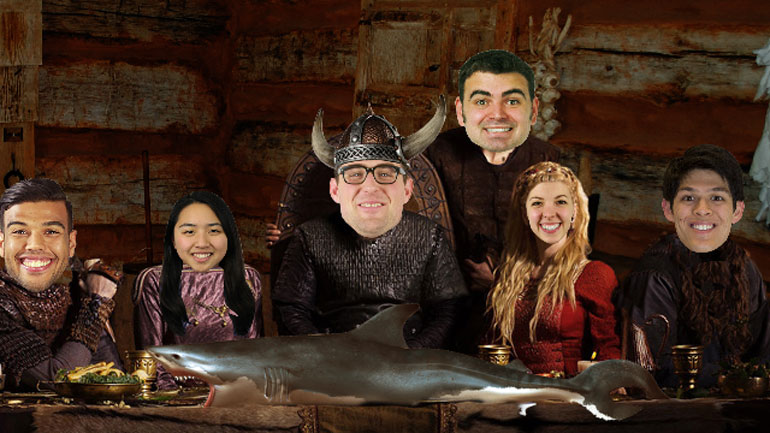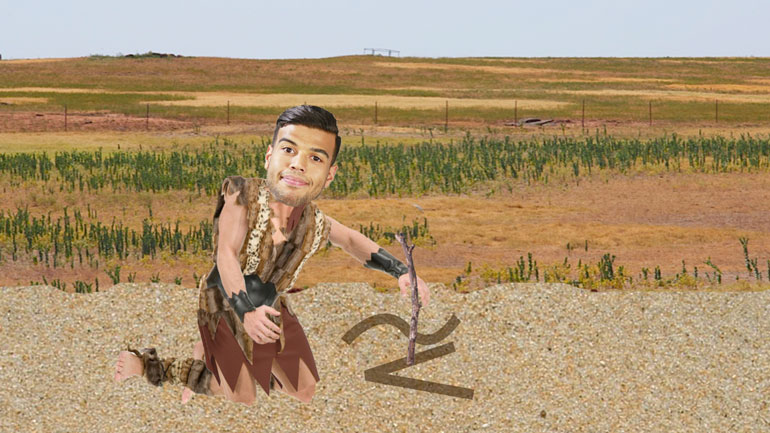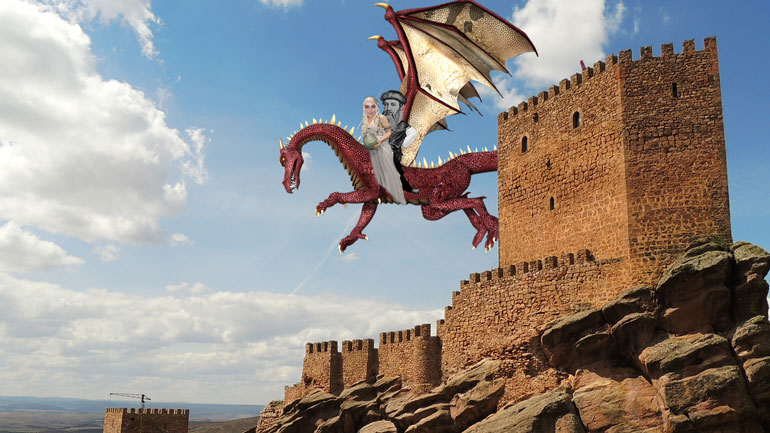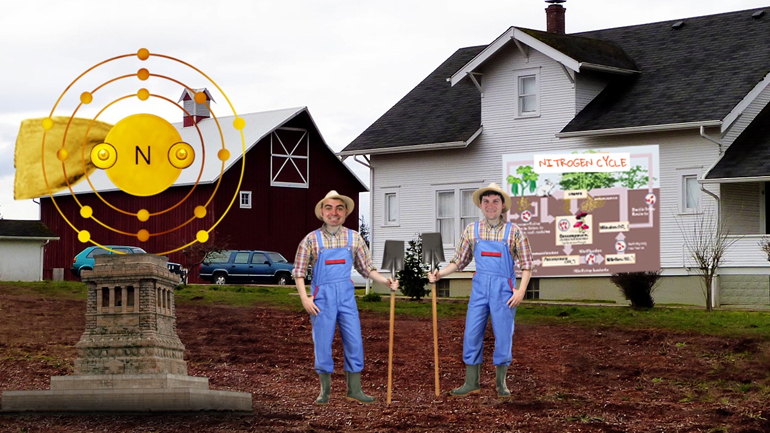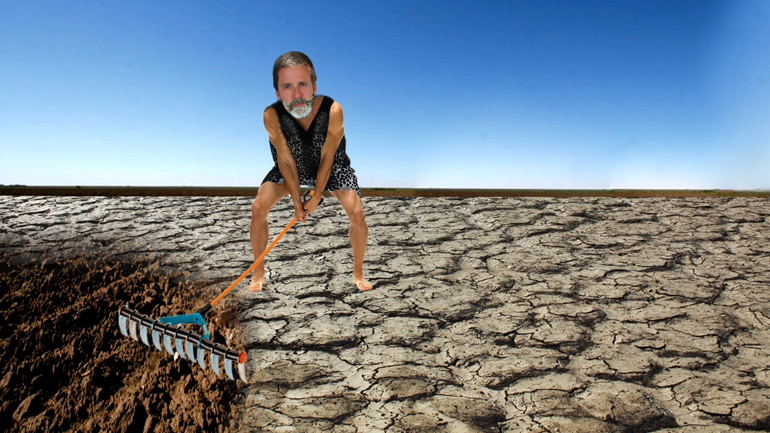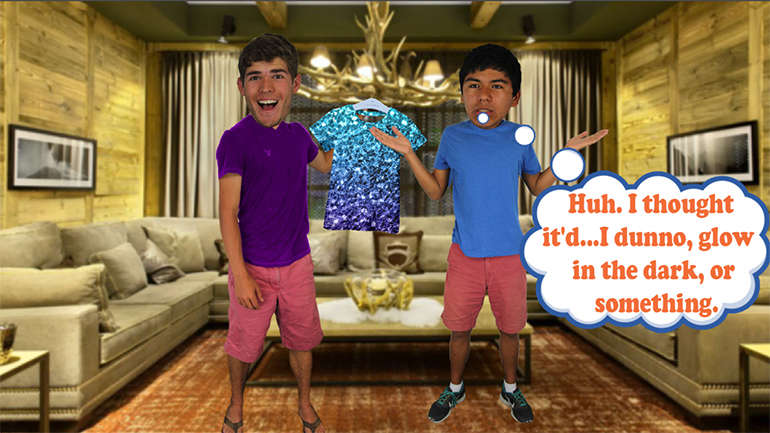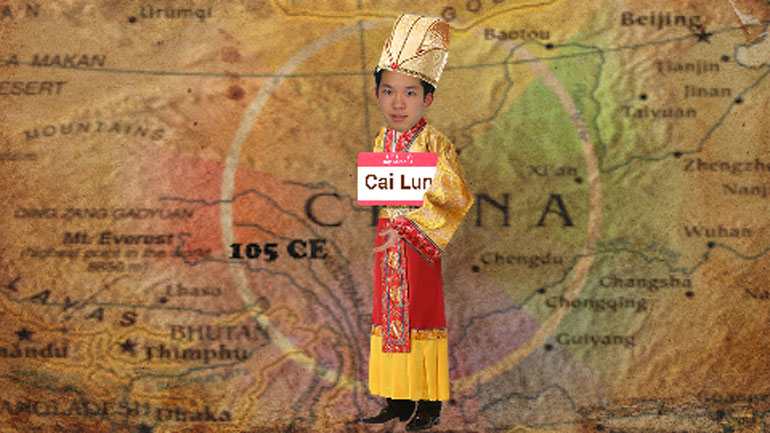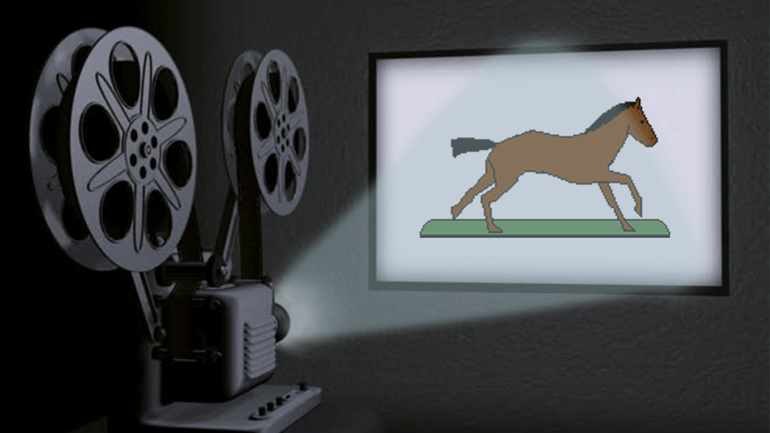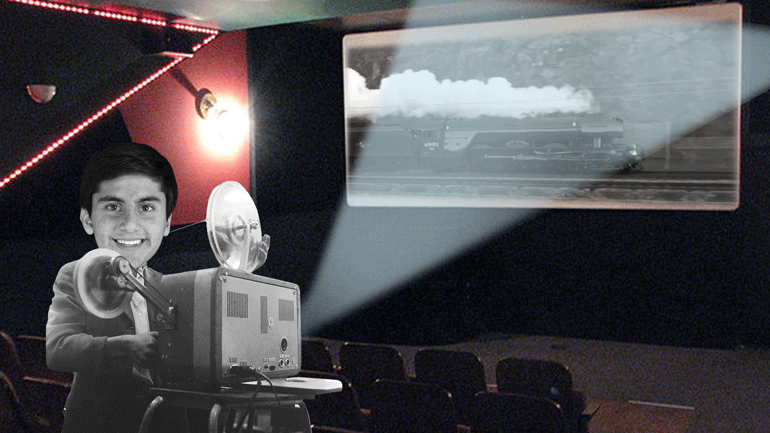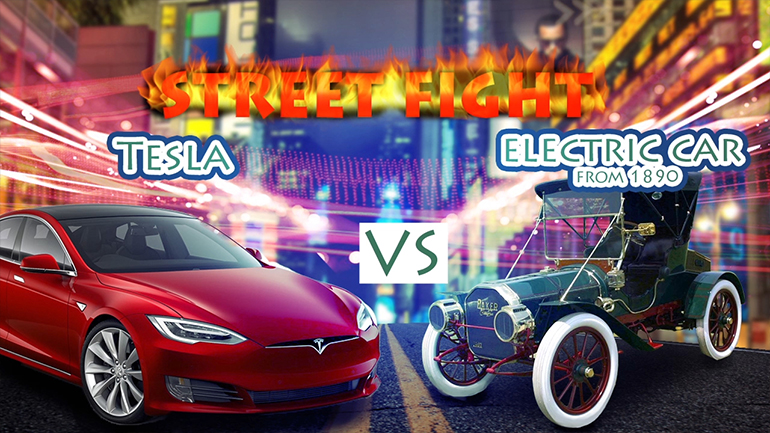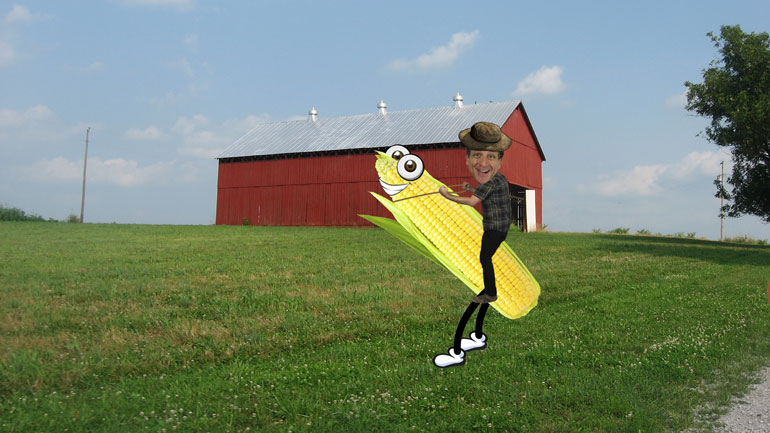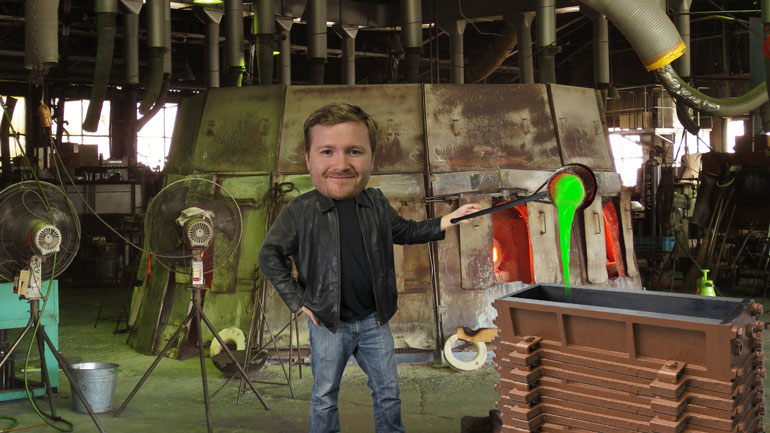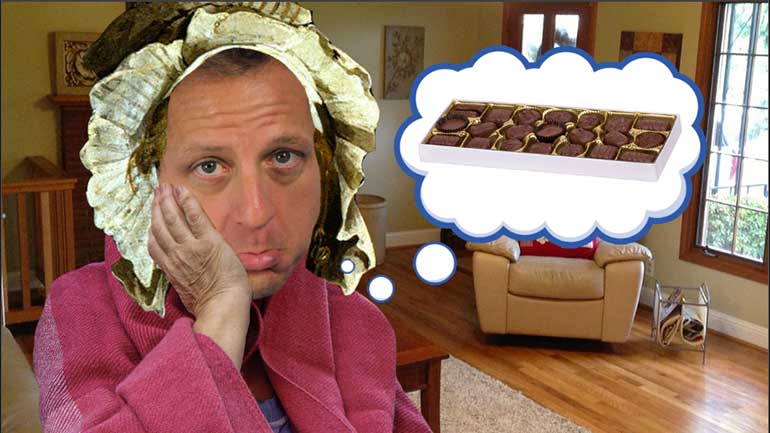ShmoopTube
Where Monty Python meets your 10th grade teacher.
Search Thousands of Shmoop Videos
History of Technology Videos 160 videos
What's the deal with wind? And why does it have to be so...windy?
How did people move stuff around before the wheel was invented? More importantly, why didn't they take a break for a few minutes from moving stuff...
History of Technology 6: The Development of the Web 10 Views
Share It!
Description:
What does ARPANET stand for? Easy. Aunts Require Pickles And Nutella Every Tuesday. Don't believe us? Check out this video.
Transcript
- 00:00
Shmoop! Information and communication. The Arpanet started small, but so what,
- 00:08
so did Chipotle. Well even though the ARPANET only connected four computers by
- 00:12
the end of 1969. It kept growing all through the 70s. It joined with the
- 00:16
University of Hawaii's, Aloha net in 1971. Which presumably existed so that the
- 00:22
residents of Hawaii could brag about living in paradise. Oh and to share [two men on beach]
Full Transcript
- 00:27
data and stuff to. Around 1973 the ARPANET also linked up with Norway's Royal
- 00:32
Radar Establishment, as well as London's University College. Still it was little hard
- 00:38
to make one worldwide internet, because some of these packet switched networks [two cartoon computers talking to each other]
- 00:42
didn't know how to talk to each other. They tried therapy but nothing worked.
- 00:47
Well that is until a guy named Vinton Cerf came along near the end of the
- 00:51
1970s with a solution. Cerf invented what he called Transmission Control Protocol,
- 00:58
or TCP. What was so great about it? It allowed all these little networks, all
- 01:03
over the world, to have a real conversation. Later on, Cerf added an
- 01:07
extra protocol, which he somewhat unimaginatively called, Internet [man writing on chalkboard]
- 01:12
Protocol, or IP. So we, these days, call that TCP/IP. Well basically it's the thing
- 01:19
that breaks the ice and lets computers all over the world to have a meaningful
- 01:23
relationship. Well there would be no worldwide internet if it weren't for
- 01:27
Cerfs protocol. But even with Cerfs innovation, it took a few more years for
- 01:31
the internet to get to the general public. All through the eighties
- 01:34
scientists and researchers used to send data to each other. But most people [two men on old computers]
- 01:38
didn't even know what the internet was. But then in 1991, a Swiss fella, called
- 01:42
Tim Berners-Lee came up with the idea of the World Wide Web.
- 01:47
Well Berners-Lee figured out how to transform the Internet, from just being a
- 01:51
way to send files from one computer to another.
- 01:53
He made it such, that it was a web of info. See clever naming there. [man standing on internet web]
- 01:57
That anybody with internet access could use it. So lets have a round of
- 02:01
applause for Berners-Lee, for bringing us home and coming up with a modern
- 02:05
internet. And of course since then the Internet has still been a lot of
- 02:08
changing. A big one came in 1992, when some folks at the University of Illinois,
- 02:12
created a browser called Mosaic, which eventually became Netscape. Well it was
- 02:17
pretty awesome because it was the first web browser to let people see pictures
- 02:21
and words on the same page. Yep that wasn't always a thing. So we [man scrolling on a computer]
- 02:25
have no idea what we used to do for fun before it hit the scene. Runny,
- 02:30
shuffleboard, well we honestly don't remember.
- 02:32
Well Mosaic also let people, navigate the web, by using clickable links and
- 02:36
scroll bars, yep those also weren't always a thing. Also in 1992, Congress
- 02:41
open up the web for commercial use and the online races began. Tons of companies
- 02:46
jumped on it in a flash. Well pretty soon everybody had their own web site and for [man standing by computer]
- 02:50
the first time some companies set up businesses, that for the most part
- 02:54
existed only online. Well as the .com boom did it booming, social networks like,
- 03:00
Facebook, took off later and the world really hasn't been the same since.
- 03:03
And so yeah, think about YouTube, Facebook, Amazon, Twitter, Shmoop, these are all very
- 03:08
new folks. It's important to know how we got here and it's also important to know
- 03:12
that so not so long ago, Google wasn't a verb. [dictionary with Google under magnifying glass]
Related Videos
GED Social Studies 1.1 Civics and Government
When you're about to marry the love of your life, not many things could stop you. However, finding out that your future hubby is keeping his crazy...
Here at Shmoop, we work for kids, not just the bottom line. Founded by David Siminoff and his wife Ellen Siminoff, Shmoop was originally conceived...
ACT Math: Elementary Algebra Drill 4, Problem 5. What is the solution to the problem shown?
